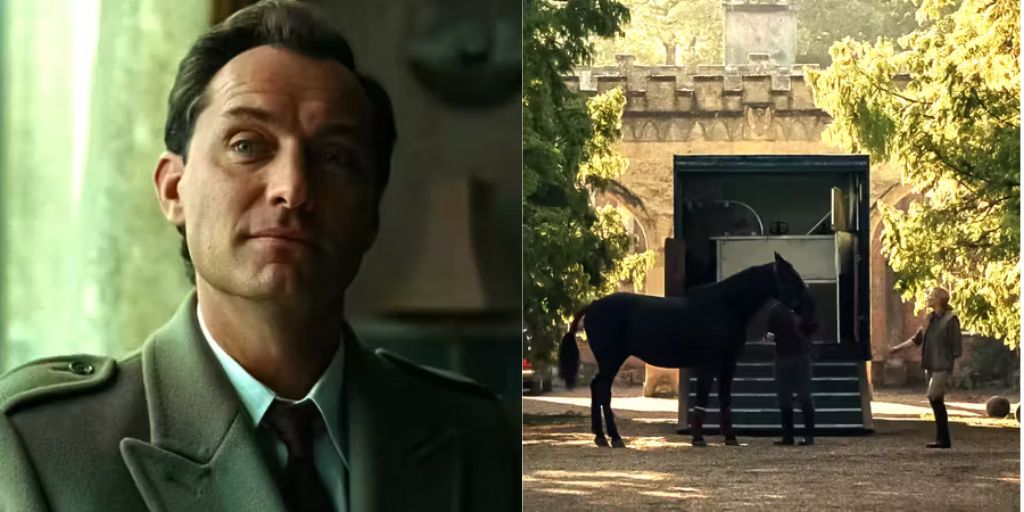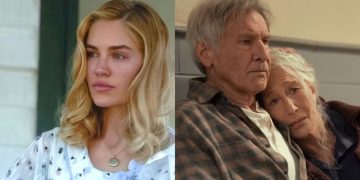In the late 1980s, Rory and Allison O’Hara, along with their children Benjamin “Ben” and Samantha “Sam,” who were the former’s offspring from a previous relationship, lead a middle-class life in New York City.
Allison is a horseback riding instructor, and Rory is a trader. Perceiving that his prospects in the United States are restricted, Rory convinces Allison to accompany him to London. He intends to rejoin the company owned by his previous employer, Art
hur Davis. After moving into a massive old mansion in Surrey, Rory convinces Allison to start her own farm there and buy a horse named Richmond, despite Allison’s initial reservations. While Ben and Sam attend different schools, work on a stable is started.
A few weeks later, the stable’s construction comes to an abrupt end. When Allison finds out that Rory never paid the builders, his bank account is almost completely depleted. Allison must take money from her hidden cash fund in order to support the family, despite Rory’s assurances that he will have money soon.
Rory’s attempts to appear sophisticated while they are still on the verge of bankruptcy irritate Allison. At work, Rory suggests that Arthur sell his business to a bigger American company that’s trying to find an office in London.
The Nest Movie Ending Explained
The story of the O’Hara family was left unclear by The Nest’s abrupt ending, but the film’s symbolism offers some indications as to how things will turn out.
The 2020 film, directed by Sean Durkin (Iron Claw), followed married couple Rory (Jude Law) and Allison (Carrie Coon) as they left their New York City home to relocate to London. It debuted in Netflix’s Top 10 in 2024.
Rory feels confident that this move and the associated business endeavour will provide him and his family with financial security, but as he depletes their savings with little to no return, the pressure mounts.
In the hopes that a prospective business deal will make everything better, Rory continues to spend lavishly and accumulate debt while renting the family a magnificent and pricey estate in Surrey.
But this deal never materialises, and as her husband dishonestly misleads friends and coworkers about his wealth, Allison loses patience and respect for him. Allison then starts to lose control when her cherished horse passes away unexpectedly and she starts to sense that the house is against her.
Near the end of The Nest, Allison confronts her husband about being a liar during a business dinner with Rory, and she leaves him at the restaurant.
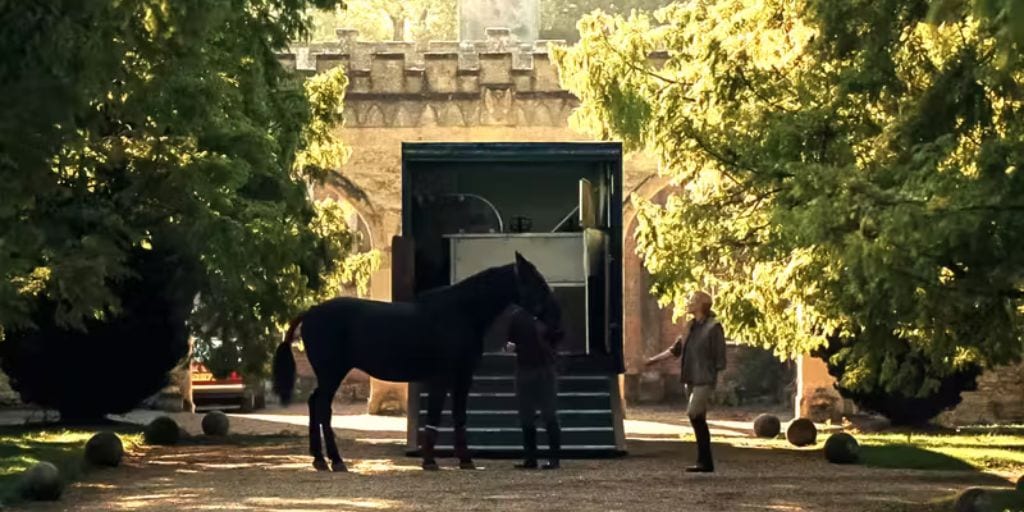
By the time The Nest ends, Allison has had enough of her husband’s insatiable desire to become wealthy quickly. Rory is left on the streets after being left behind at the restaurant, and when he eventually arrives in the morning, he discovers Allison, Samantha, and Benjamin having breakfast together.
For a brief while, he clings to the hope that one more ambitious project will make everything right. This time, he suggests that they vacate the manor and move into an apartment in London so he can launch his own company. But Rory starts crying and joins his wife and kids for breakfast when the family refuses to entertain this.
The ending of the credits never explicitly reveals what happens to Rory and Allison after that. Nevertheless, Rory’s breakdown at breakfast and his chat with the cab driver on his way home suggest that he has come to the realisation that he cannot continue to exploit his family with his schemes.
The fact that he once revealed that he had managed to obtain a million dollars suggests that even in the unlikely event that he succeeded, his desire to be untouchably wealthy would not endure. The realisation that Rory’s family came first would have been sufficient for Allison to persevere.
Richmond, Allison’s horse, appeared to be a cherished pet at first, but by the conclusion of The Nest, the animal had become entangled in the complex symbolism of the film. After moving to England, Richmond never really settled in, despite Allison’s best efforts to support and soothe him.
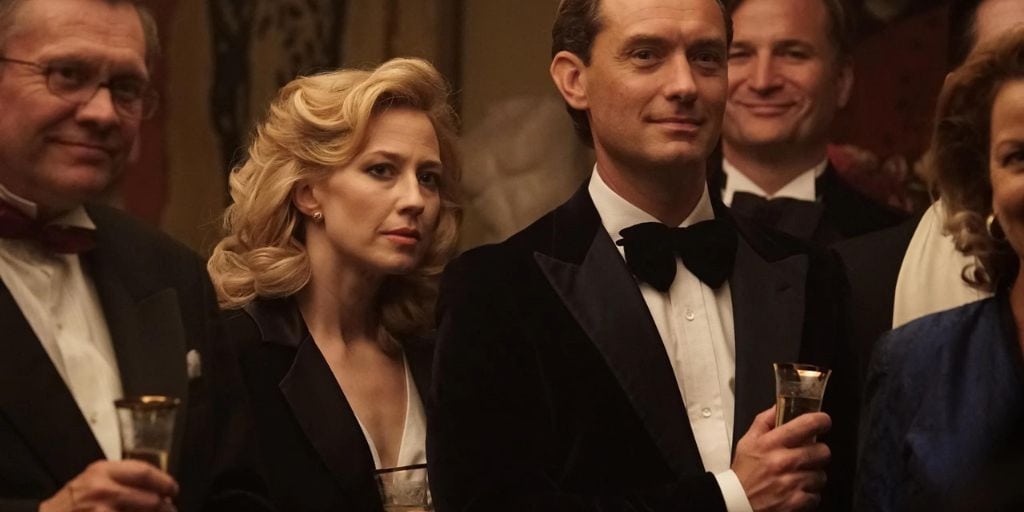
The horse then fell under Allison and had to be put down the night Rory did not return home. Unceremoniously, Richmond was buried that night, but Allison thought she saw him standing in the road the night she drove home from Rory’s dinner party. The following morning, she discovered that his body had been partially exhumed.
Abruptly overcome with sorrow and passion, Allison frantically dug around the corpse’s face and then took Richmond’s head and placed it in her lap, sobbing. This served as Allison’s character’s emotional high point and the revelation of the similarities between her marriage to Rory and the horse.
The moment that, in Allison’s eyes, her marriage was over, Richmond’s passing symbolised the end of her tolerance with Rory. But before the last scene of The Nest, just as she is faced with Richmond’s growing body, Allison is faced with the realisation that she still loves her husband.
The manor Rory bought for Allison in The Nest is haunted frequently, and Allison sees what appears to be the ghost of her deceased horse. This is where the thriller element of the film comes into play.
After locking the front door, she turns around to discover it is wide open and hears people moving where no one else is. Allison is driven insane by these incidents, and at one point she yells that her kids are strangers to her. All things considered, she concludes that there is unquestionably a serious issue with this exquisite, historic house.
However, The Nest isn’t strictly speaking a ghost story. Rather, the ugly spirit of wealth itself haunts the O’Hara manor. The house was a reflection of Rory, just as Allison’s horse was a reflection of her marriage.
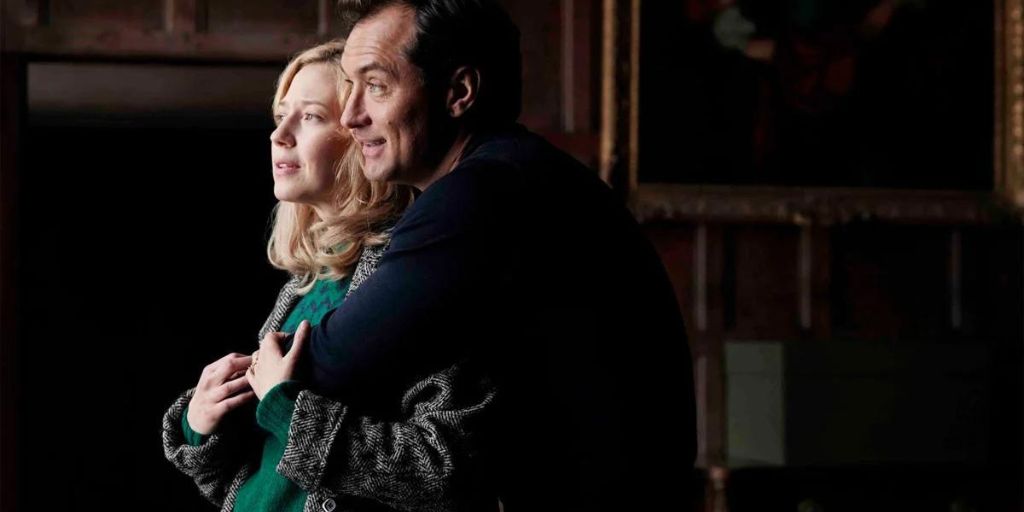
Although it appears impressive from the outside, the owners were unable to afford the furnishings, so the interior is almost completely empty.
Allison seems to be tormented by the house more and more as Rory tries to convince everyone that he owns a penthouse in New York or spends his summers in Portugal.
Even though Rory seems charming in The Nest, it soon becomes clear that he is an obsessive liar. It comes out that he never got a job offer from his former employer in London and that he had told Allison lies in order to get her to move from New York.
But Rory seemed to get to the point where he started believing his own lies, lying openly in front of people who knew better. For the most part of The Nest, this makes him an impossible character to like, but when he goes to see his mother, it becomes a little more apparent how Rory came to be this way.
The Nest makes the implication that Rory’s father mistreated him severely. When Rory is reunited with his mother, her attitude towards her deceased husband suggests that she may have concealed any wrongdoing and did little to shield Rory, much to Rory’s chagrin.
Rory thinks that having money will make him untouchable and provide him the fulfilment of being able to support his family after growing up as a helpless child. But the fact that he had been mistreated remained unchanged despite his never-ending quest for wealth. All it indicated was that Rory was not supporting his family.
Rory believed that all it took to be a good father—the kind of man his father hadn’t been—was to give his kids the best and not beat them. He also craved the security and power that came with wealth.
But before The Nest’s climactic scene, Rory tells the cab driver that he once had a million dollars in the bank and believed he had realised his dream. That didn’t last long, though, and Rory was back on the trail the next thing he knew.
The idea that the pursuit of wealth is an endless one is explored in this revelation from The Nest. There was no end in sight for Rory’s mission.
In the end, Rory’s family—including Allison—recognizes throughout The Nest that he was never a bad person. In this highly acclaimed Netflix movie, Law’s character explores how the pursuit of wealth can have an impact on one’s soul, which then has a significant effect on one’s loved ones.
Rory wanted to make his own house a nightmare, and if he didn’t change, his family would eventually be forced out. It’s hard to tell if he actually gave up his old habits because it’s not an easy thing to do. The point of The Nest’s conclusion, though, is that it wasn’t too late because he and Allison were both willing to try.

